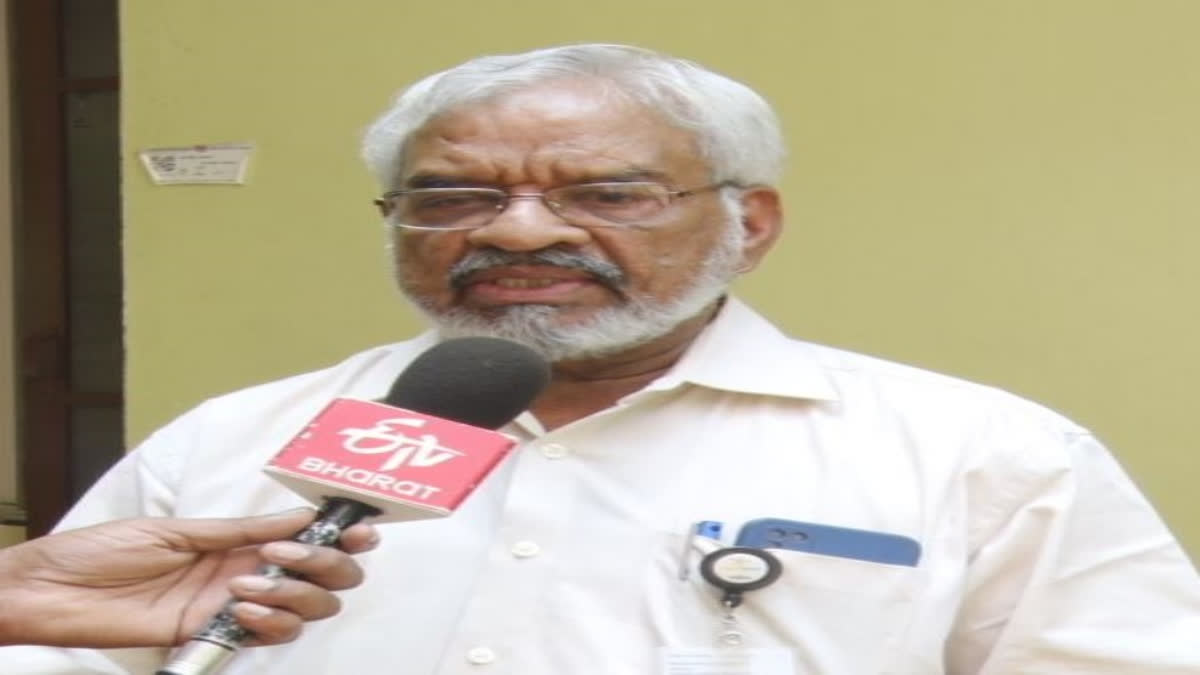Thiruvananthapuram: The countdown for the launch of the Chandrayaan 3 has already begun. After the great success of Chandrayaan 1 and 2, ISRO is all set to launch its third Chandrayaan on July 14 at 2:30 pm, disclosed MC Dathan, the head of the launch Authorisation Board of Chandrayan 1. "Chandrayaan 1 was a great success and 2 was 90% success and we learnt a lot from it," he recalled.
"Chandrayaan-3 will be a mission with all corrective actions, as lessons were learnt from Chandrayaan 1 and 2. With trials, tests and experiments and simulations have been done and we have gained enough confidence for the launch tomorrow, he said. Chandrayaan 3 would be slightly different from Chandrayaan 2 as it does not have an orbiter. Chandrayaan-2's orbiter is still functioning and we are getting data from it the same orbiter will be used for Chandrayaan 3 also, he informed.
Also read: 'India will be a pioneer in space science': Retired ISRO scientist ahead of Chandrayaan-3 launch
Chandrayaan 3 would be the two-module system, one is the proportion module (nearly 2.45) and the second is the lander-rover combination module (about 1.35) together weighing around 3.8 tonnes. Once the lander module gets separated from the proportion module, then the lander will be approaching the moon's surface. It is the most critical aspect as it is to be properly controlled based on a lot of data and parameters that we are getting from different senses. So, all the output from these sources
"All the output from sources, one is the gravitational force effective at the Chandrayaan surface, the ambience, the temperature and the atmosphere and the other conditions at the surface. Also, the velocity by which the lander has to be decelerated. It should not have a free fall because of the attraction of the moon. Last time the same happened with Chandrayaan-2. But now, we are using excellent control by throttling i.e; speed and velocity and thruster force could be controlled. Earlier, the wire would be open or closed. Now we can control the lander just like we do in cars and other engines. This is called throttling the engine. With all these, we are very confident of the landing of the lander on the Moon's surface will be very smooth. It will be a perfect landing and additional precautions have been taken with the lander this time," he said.



